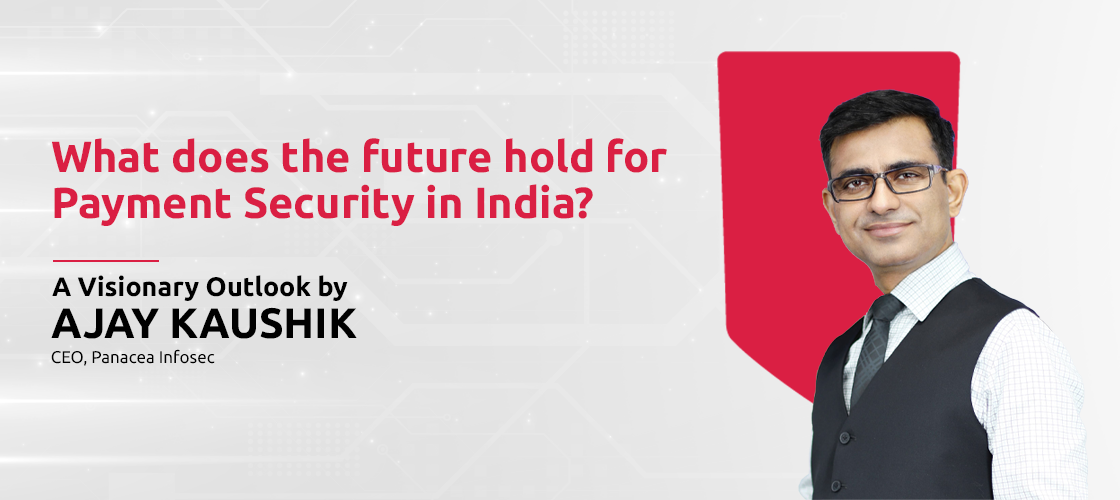
What Does the Future Hold for Payment Security in India?
In current times, payment security in India presents a complex and rapidly evolving landscape. Two decades of experience in this industry have shown me that effective payment security is not only a matter of technology but also about leadership and a shared vision for the future.
I see something terrific happening in our digital payment terrain lately. As we mark our 12th year here, it is evident that the growth we’ve experienced has brought both tremendous opportunities and significant challenges. The sheer proliferation of digital transactions necessitates strong security measures; however, many organizations have yet to realize that compliance does not necessarily translate into a secure posture. This mindset can be risky, leading to a false sense of security while vulnerabilities remain unaddressed.
While the rapid growth of FinTech can enhance convenience and ease of use, it also pushes us toward transaction volumes that have never been witnessed before. This transformation is largely driven by innovative payment solutions tailored for an increasingly tech-savvy population. However, this digital shift complicates security further, as cybercriminals continuously evolve their tactics to exploit weaknesses in the systems we implement. We must be proactive in understanding these threats so we can anticipate them rather than simply react.
The biggest challenge we face today is the organizational readiness gap. Despite significant advancements in technology, the knowledge and preparedness of organizations lag behind. Many people believe that compliance with industry standards is sufficient, but this is merely the bare minimum; it does not guarantee security. Investing in systems, and most importantly in people and processes, is crucial.
Without acknowledging this deficit, companies may leave critical vulnerabilities unresolved in their infrastructure. In general, many organizations that follow established frameworks like CIS or NIST fail to implement them effectively. A fundamental yet often overlooked aspect is properly installing and monitoring security systems.
Furthermore, zero-day vulnerabilities—previously unknown weaknesses in software—are an escalating problem that cannot be ignored. It is essential to conduct research and take proactive measures to address these issues. In such an environment, we cannot afford to sit back and wait for the next attack; we must be prepared before it arrives at our doorstep.
Through discussions with various stakeholders in the industry, I am consistently reminded of the strategic need to have security experts at the board level. Where security is a strategic issue, many organizations still do not prioritize including IT and security professionals in major decision-making processes. If the necessary expertise is absent from the room, security decisions can have long-term consequences that prove disastrous.
We should focus on preparing the next generation of security specialists. It is insufficient to hire individuals with IT degrees; we need professionals who truly understand the payment security landscape. Developing training programs to transform IT professionals into security specialists capable of tackling current challenges is essential. Investing in user education and upskilling professionals will significantly contribute to building this community.
Ultimately, we should strive to create an integrative framework that simplifies the complex areas of compliance and security within organizations. While the challenges are enormous, they also present an opportunity for India to lead in the innovation of payment security, establishing a secure digital ecosystem that protects transactions and builds trust in financial systems through partnerships, education, and a commitment to continuous improvement.
In a world that is constantly changing, our focus must remain on anticipating and responding to threats rather than merely reacting to them. This approach demands vigilance, adaptability, and a shared commitment to create a secure future. Together, we can navigate these challenges and drive meaningful change to ensure our digital payments infrastructure is robust and resilient against the evolving landscape of cyber threats.
- Ajay Kaushik, CEO & Founder
Panacea Infosec